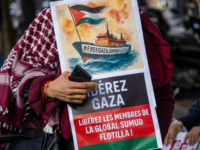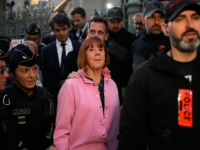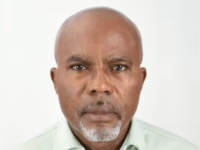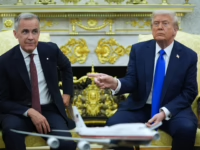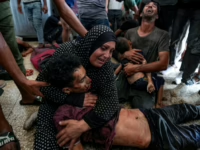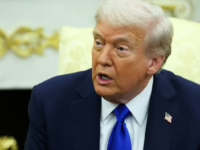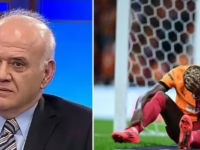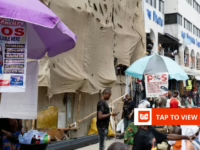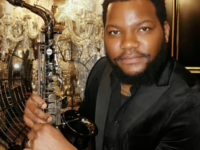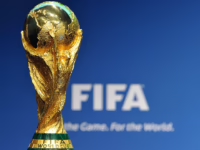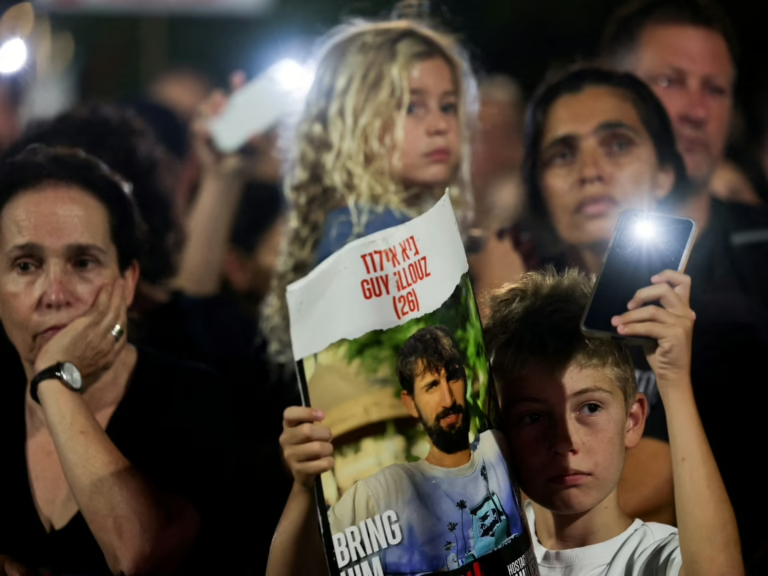After two years of conflict in Gaza, which has resulted in over 67,000 deaths, widespread famine, and repeated attacks on neighboring countries, Israel finds itself increasingly isolated on the global stage and deeply fractured internally, experts observe.
At the United Nations General Assembly in late September, Prime Minister Benjamin Netanyahu was met with a striking display of dissent as numerous delegates exited the hall in protest against what many describe as Israel’s genocidal campaign in Gaza.
Globally, Israel’s position has weakened, becoming more dependent than ever on unwavering U.S. support, while traditional allies such as the United Kingdom, France, and Germany openly criticize its military actions in Gaza.
Domestically, the prolonged conflict has dismantled the long-held perception of Israel as a progressive liberal democracy, revealing a far more grim, authoritarian, and polarized society.
Worn Down and Aggressive
“Israeli society is grappling with profound anguish over its global condemnation,” explained Alon Pinkas, a former Israeli ambassador and consul general in New York.
“Just a year ago, iconic landmarks like the British Parliament, the Eiffel Tower, and the Empire State Building illuminated in Israel’s colors. Today, Israel faces widespread ostracism,” he added.
Yossi Mekelberg, a senior fellow at Chatham House, noted, “Politically and socially, Israel remains trapped in the trauma of October 7, 2023.”
That day marked a devastating Hamas attack that claimed 1,139 lives and resulted in approximately 200 hostages. The event continues to dominate Israeli media and political discourse.
Analysts told Al Jazeera that many political figures use the memory of October 7 as a justification for any measures taken, framing the entire Gaza population as complicit in the attack despite the death toll surpassing 65,000 Palestinians.
“While the international community has moved forward, Israel remains fixated on that moment, using it to rationalize ongoing actions,” Mekelberg said.
Political scientist Ori Goldberg described Israel as simultaneously exhausted and increasingly violent, with society fragmented into factions that either support, oppose, or ignore the relentless war despite growing public dissent.
Goldberg also highlighted how everyday conversations avoid uncomfortable topics, such as the fate of hostages still held in Gaza after two years of relentless military operations by what was once considered one of the world’s most formidable armies.
Similarly, the escalating death toll, famine, and repeated displacement endured by Gaza’s survivors are conspicuously absent from public debate.
Meanwhile, the families of those abducted continue to organize large-scale protests demanding political negotiations for their release, a cause that has persisted throughout the conflict.
The return of thousands of reservists to civilian life in Israel has compounded the national trauma, with rising rates of suicide, domestic violence, and what medical professionals describe as a widespread post-traumatic stress disorder crisis.
“The impact of the war is evident in every facet of daily life,” Goldberg remarked.
For instance, Israeli drivers have become indifferent to traffic rules, often neglecting turn signals. At Tel Aviv’s historic Gordon swimming pool, a letter was circulated in August urging members to refrain from any form of aggression, verbal or physical.
Struggling for National Identity
This sense of disconnection from the violence in Gaza is mirrored within Israel’s parliament, where opposition to the war is largely limited to tactical disagreements rather than outright rejection, with anti-war voices marginalized to the political fringes.
With far-right figures like National Security Minister Itamar Ben-Gvir and Finance Minister Bezalel Smotrich playing pivotal roles in Netanyahu’s coalition, the hard-right wing effectively holds veto power over government policy.

“Israeli politics is engaged in a battle for its very essence,” Mekelberg said. “This struggle predates the war but has been intensified by it. It began with the last election and the rise of far-right messianic factions enabled by a calculating prime minister.”
Since Netanyahu’s re-election in 2022, he has faced ongoing challenges in forming and sustaining a stable government.
This instability stems partly from his right-wing policies aimed at appeasing hardline and settler groups, and partly from his ongoing corruption trials dating back to 2019.
“Netanyahu benefits from an ineffective opposition,” Pinkas noted.
“Opposition leaders, including Netanyahu’s former rival Benny Gantz, briefly joined his security cabinet after the October 7 attacks, lending him temporary legitimacy,” he explained.
“They remain trapped in the outdated notion that during military conflict, the government must be universally supported.
“The public sees through this, but it has little impact. Netanyahu’s alliance with extremist right-wing figures ensures his political survival,” Pinkas added.
From the devastation of Rafah in May 2024 to the collapse of ceasefires and ongoing bombardments of Gaza City, the hard-right’s influence has overshadowed public opinion, military counsel, international pressure, and the pleas of families with loved ones still captive.
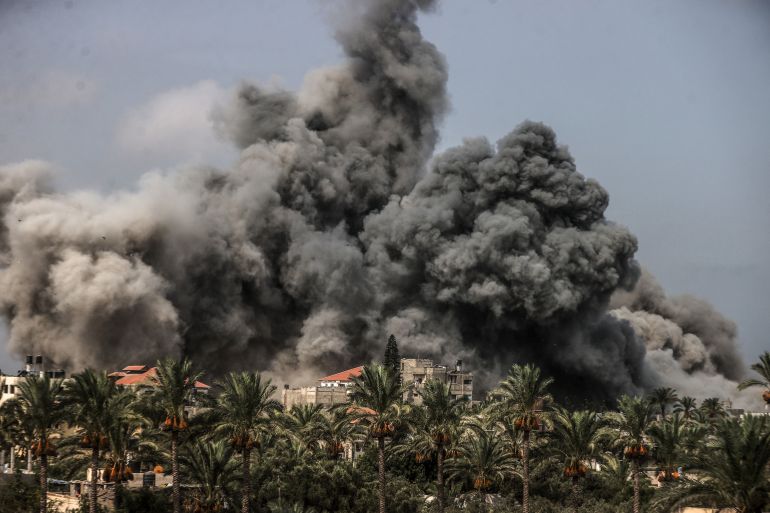
The messianic right and settler factions view themselves as agents of a mission to fundamentally reshape Israeli democracy-a process accelerated by the ongoing war, Mekelberg explained.
“Their desire to control key ministries and oversee West Bank affairs signals a troubling era in Israel’s history, with an uncertain path to recovery,” he said.
Global Pariah Status
In recent months, steadfast allies such as the UK, Canada, France, and Australia have condemned Israel’s Gaza offensive and recognized the State of Palestine, driven by the mounting civilian casualties and aggressive raids in the occupied West Bank.
The European Union is contemplating suspending its trade agreement with Israel and imposing sanctions on its far-right officials.
Within the United Nations, 159 out of 192 General Assembly members-including four of the five permanent Security Council members-now acknowledge Palestine, with the United States standing alone in opposition.
“Initially, critics dismissed the backlash as misunderstandings or anti-Semitism,” Pinkas recalled.
“Then it was framed as a Netanyahu-specific issue, but that narrative no longer holds. The world judges nations by their actions, and Israel’s recent conduct has led to accusations of humanitarian disaster, war crimes, and genocide in Gaza.”
Pinkas reflected on Netanyahu’s 2019 campaign, which showcased him alongside leaders like Vladimir Putin and Narendra Modi under the slogan “A different league.”
“Today, Israel occupies a very different league-one where it is internationally reviled on a scale comparable to North Korea,” he concluded.





